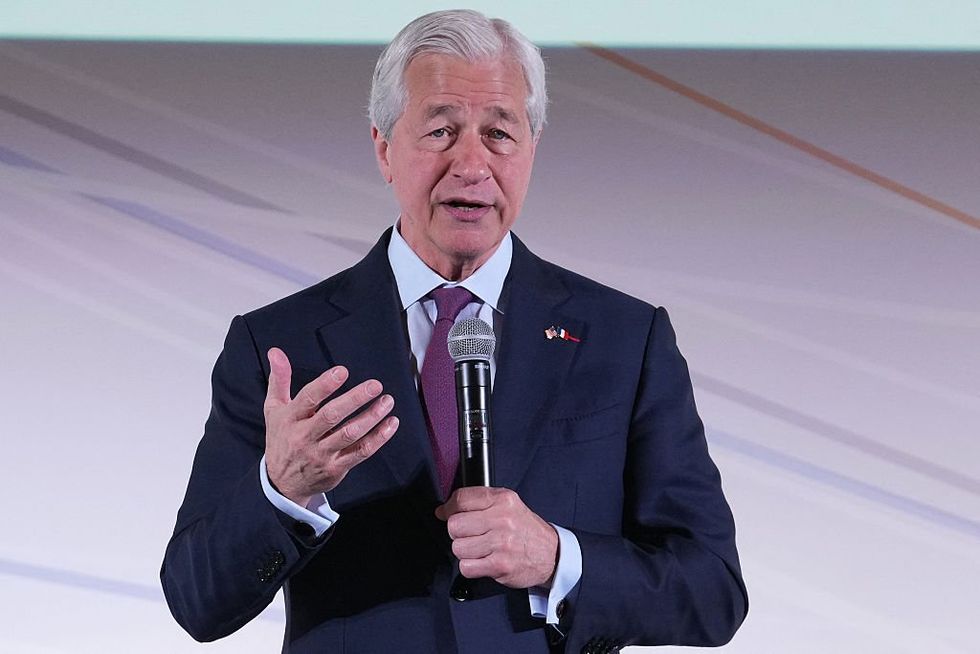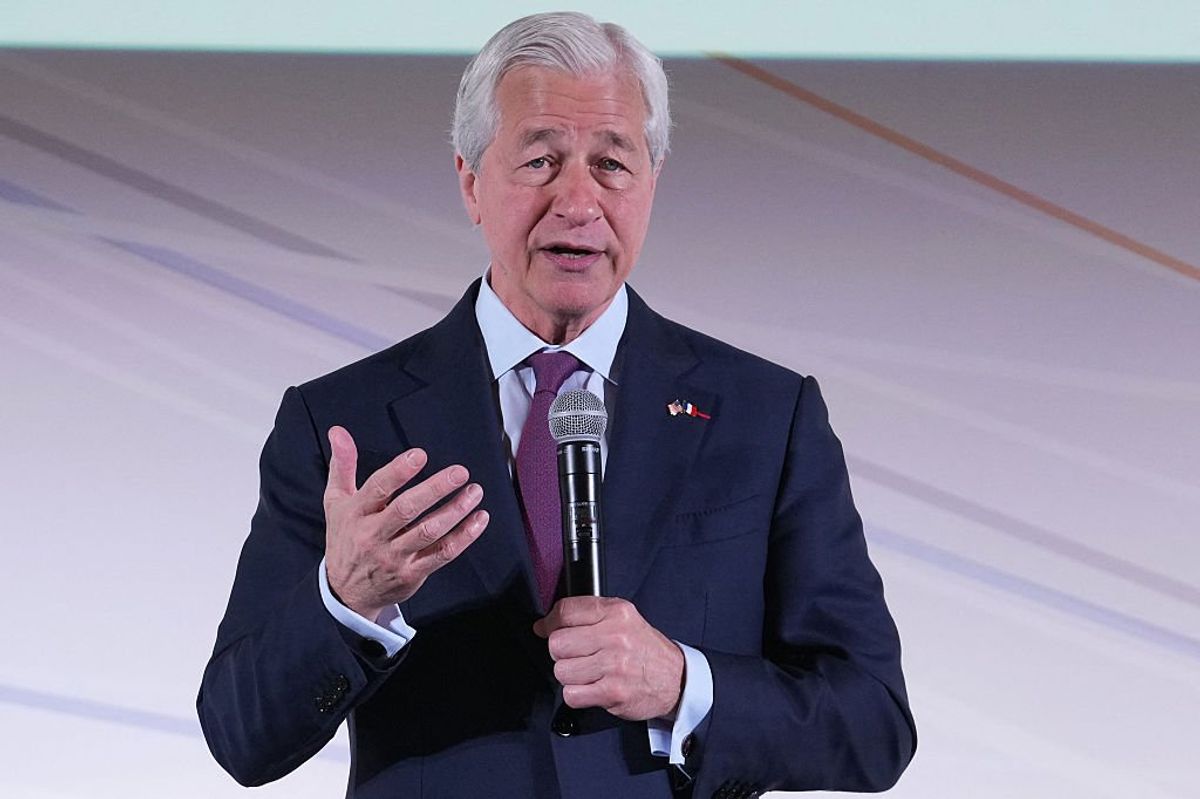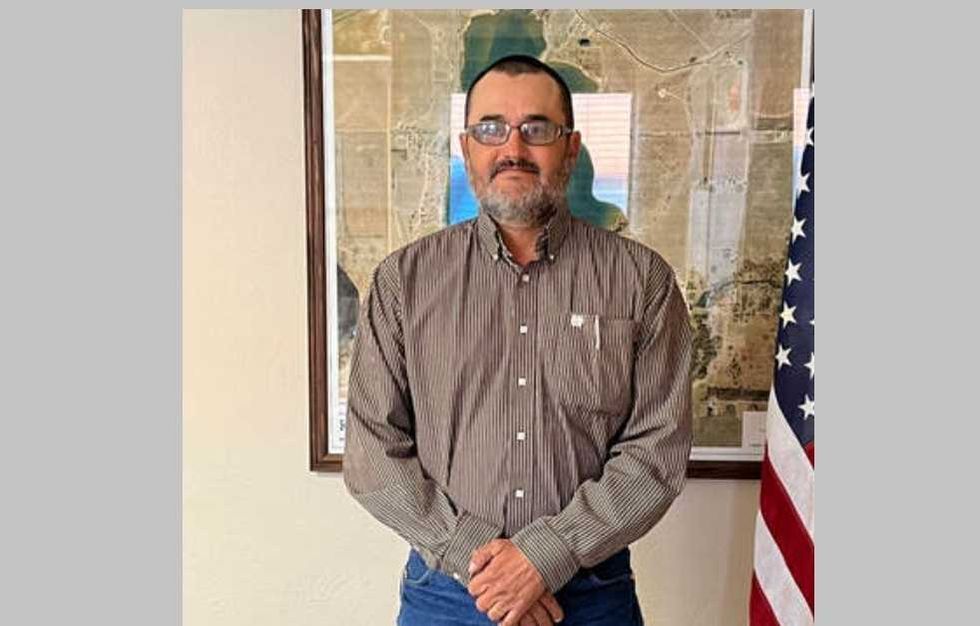A brutal wake-up call from America’s most powerful banker


Jamie Dimon, CEO of JPMorgan Chase — one of the most powerful financial institutions on earth — issued a warning the other day. But it wasn’t about interest rates, crypto, or monetary policy.
Speaking at the Reagan National Defense Forum in California, Dimon pivoted from economic talking points to something far more urgent: the fragile state of America’s physical preparedness.
We are living in a moment of stunning fragility — culturally, economically, and militarily. It means we can no longer afford to confuse digital distractions with real resilience.
“We shouldn’t be stockpiling Bitcoin,” Dimon said. “We should be stockpiling guns, tanks, planes, drones, and rare earths. We know we need to do it. It’s not a mystery.”
He cited internal Pentagon assessments showing that if war were to break out in the South China Sea, the United States has only enough precision-guided missiles for seven days of sustained conflict.
Seven days — that’s the gap between deterrence and desperation.
This wasn’t a forecast about inflation or a hedge against market volatility. It was a blunt assessment from a man whose words typically move markets.
“America is the global hegemon,” Dimon continued, “and the free world wants us to be strong.” But he warned that Americans have been lulled into “a false sense of security,” made complacent by years of peacetime prosperity, outsourcing, and digital convenience:
We need to build a permanent, long-term, realistic strategy for the future of America — economic growth, fiscal policy, industrial policy, foreign policy. We need to educate our citizens. We need to take control of our economic destiny.
This isn’t a partisan appeal — it’s a sobering wake-up call. Because our economy and military readiness are not separate issues. They are deeply intertwined.
Dimon isn’t alone in raising concerns. Former Google CEO Eric Schmidt has warned that China has already overtaken the U.S. in key defense technologies — hypersonic missiles, quantum computing, and artificial intelligence to mention a few. Retired military leaders continue to highlight our shrinking shipyards and dwindling defense manufacturing base.
Even the dollar, once assumed untouchable, is under pressure as BRICS nations work to undermine its global dominance. Dimon, notably, has said this effort could succeed if the U.S. continues down its current path.
So what does this all mean?
RELATED: Is Fort Knox still secure?
 mphillips007 via iStock/Getty Images
mphillips007 via iStock/Getty Images
It means we are living in a moment of stunning fragility — culturally, economically, and militarily. It means we can no longer afford to confuse digital distractions with real resilience.
It means the future belongs to nations that understand something we’ve forgotten: Strength isn’t built on slogans or algorithms. It’s built on steel, energy, sovereignty, and trust.
And at the core of that trust is you, the citizen. Not the influencer. Not the bureaucrat. Not the lobbyist. At the core is the ordinary man or woman who understands that freedom, safety, and prosperity require more than passive consumption. They require courage, clarity, and conviction.
We need to stop assuming someone else will fix it. The next crisis — whether military, economic, or cyber — will not politely pause for our political dysfunction to sort itself out. It will demand leadership, unity, and grit.
And that begins with looking reality in the eye. We need to stop talking about things that don’t matter and cut to the chase: The U.S. is in a dangerously fragile position, and it’s time to rebuild and refortify — from the inside out.
Want more from Glenn Beck? Get Glenn's FREE email newsletter with his latest insights, top stories, show prep, and more delivered to your inbox.
Originally Published at Daily Wire, Daily Signal, or The Blaze
What's Your Reaction?
 Like
0
Like
0
 Dislike
0
Dislike
0
 Love
0
Love
0
 Funny
0
Funny
0
 Angry
0
Angry
0
 Sad
0
Sad
0
 Wow
0
Wow
0












































































